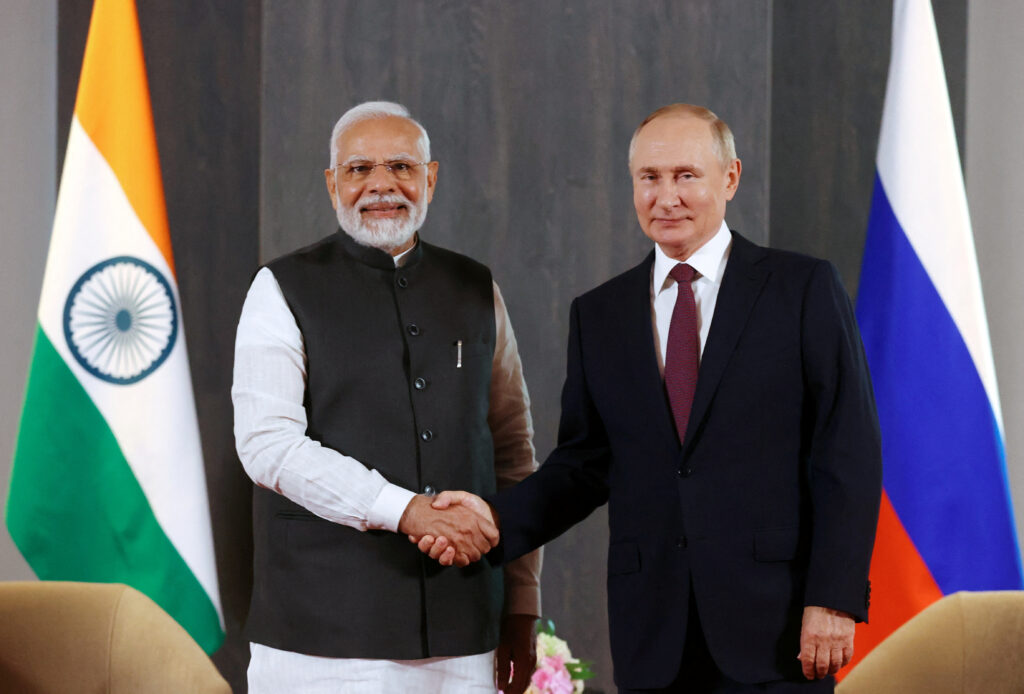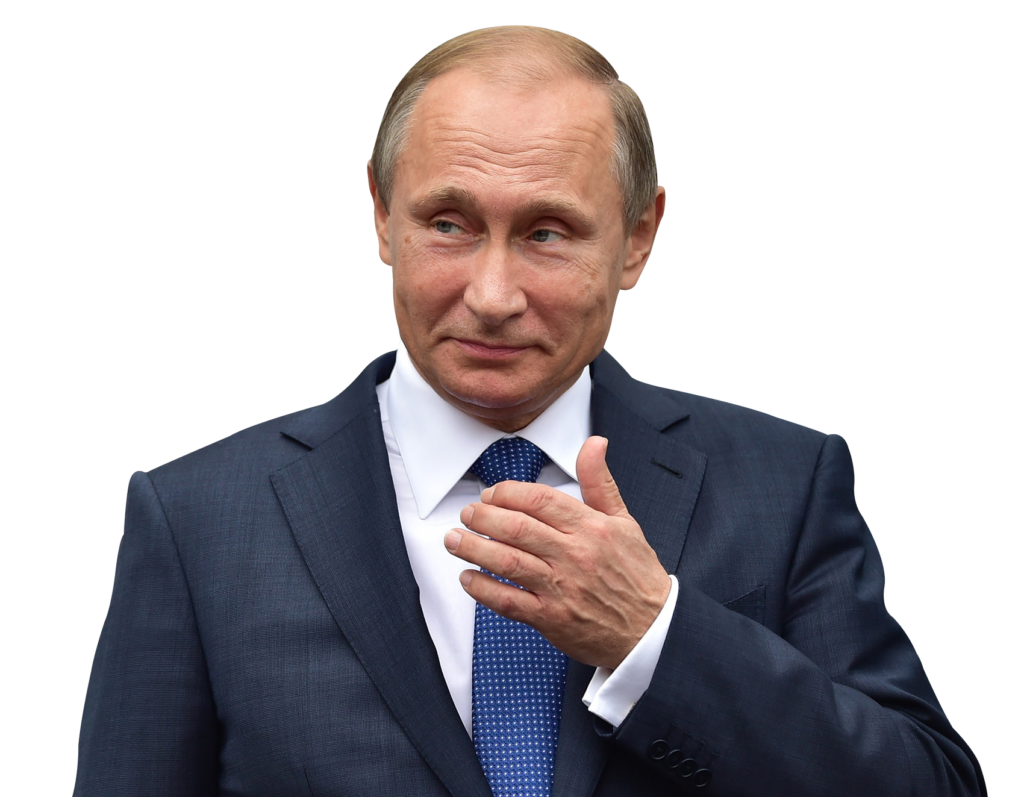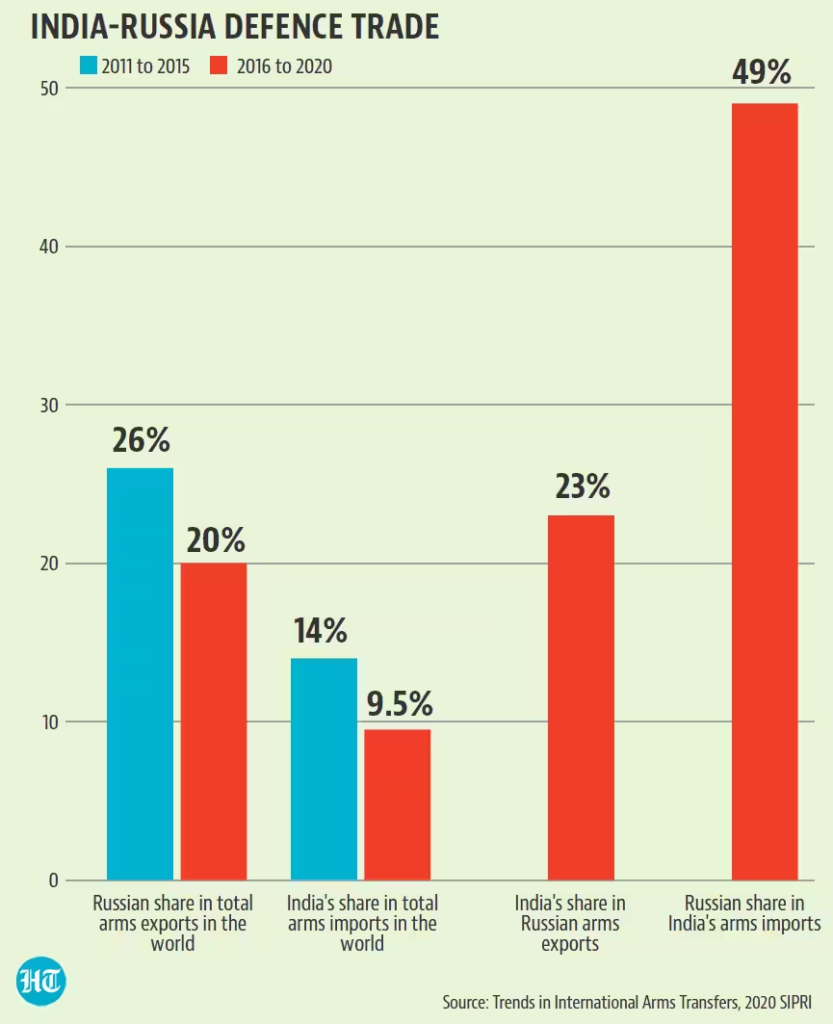In a world full of dynamic political leaders, two prominent figures stand out – Narendra Modi and Vladimir Putin. These leaders have captured the attention of the global community, making headlines for their significant actions and decisions. In this article, we’ll delve into the latest news surrounding Narendra Modi and Vladimir Putin, shedding light on their individual impacts on the world stage.

1. Introduction
Narendra Modi and Vladimir Putin, leaders of India and Russia, respectively, have made headlines across the globe. But what sets them apart? Let’s explore their journeys, collaborations, and the impact they’ve had on their nations and the world.
2. Narendra Modi: The Man Behind the Indian Resurgence
Narendra Modi, India’s Prime Minister, has been a driving force behind India’s resurgence on the global stage. He is known for his charismatic leadership and bold policies, which have transformed the nation. From the ambitious “Make in India” initiative to the “Digital India” campaign, Modi has set India on a path of economic growth and development.

3. Vladimir Putin: The Russian Strongman
Vladimir Putin, Russia’s President, is often referred to as a strongman leader. His leadership style is marked by a firm hand and unwavering determination. Putin has been instrumental in strengthening Russia’s position on the world stage, especially when it comes to foreign policy and defense.

4. Recent Collaborations Between India and Russia
The collaboration between India and Russia has deep historical roots. Both countries have been strong allies, and their partnership has evolved in various sectors, including defense, trade, and energy. Recent collaborations include joint military exercises and agreements to boost economic ties.

5. Economic Policies: A Comparative Analysis
Modi’s economic policies have focused on liberalization and attracting foreign investment. In contrast, Putin’s approach has been centered on resource-driven economic growth. A comparative analysis of these strategies offers intriguing insights into their effectiveness.

6. International Diplomacy: Modi and Putin on the Global Stage
Both Modi and Putin have played pivotal roles in international diplomacy. They have represented their nations in critical forums like the BRICS and G20. Exploring their diplomatic achievements provides a window into their vision for a multipolar world.

7. Challenges and Controversies
No leadership is without its challenges and controversies. From Modi’s handling of domestic issues to Putin’s assertiveness on the global stage, we’ll examine the criticisms and controversies that have marked their tenures.
8. Future Projections: What Lies Ahead
What does the future hold for these two leaders? The article discusses the potential paths Modi and Putin might take and their impact on the world’s political landscape.
9. Social Initiatives and Outreach
Narendra Modi’s leadership in India has been marked by his emphasis on social initiatives. The Swachh Bharat Abhiyan, or Clean India campaign, stands out as a significant effort to improve sanitation and hygiene across the country. This massive campaign has not only made India cleaner but has also transformed the way people think about cleanliness. It’s a testament to Modi’s vision of a healthier and more sustainable India.
Vladimir Putin, on the other hand, has focused on initiatives that boost national pride and identity. He has supported measures to promote Russian culture and history, with a particular emphasis on the Russian Orthodox Church. These initiatives have had a profound impact on Russian society and its sense of identity.
10. Foreign Policy and Geopolitical Significance

Narendra Modi’s “Neighborhood First” policy has strengthened India’s position in South Asia. His ‘Act East’ policy has also expanded India’s outreach to Southeast Asia. These diplomatic endeavors have enhanced India’s status in the global geopolitical arena, with India becoming a key player in forums like BRICS and the Shanghai Cooperation Organization (SCO).
Vladimir Putin’s foreign policy has been marked by a resurgence of Russian influence on the global stage. His assertiveness in Crimea and Eastern Ukraine has garnered both praise and criticism. Russia’s role in Middle Eastern conflicts, particularly in Syria, has also elevated its status as a geopolitical power player.
11. Economic Challenges and Diversification
While Narendra Modi’s economic policies have seen significant successes, there have also been challenges. The implementation of the Goods and Services Tax (GST) and demonetization, for instance, faced mixed reactions. These moves were aimed at streamlining the Indian economy, reducing tax evasion, and promoting a cashless society. Analyzing the outcomes of such policies is essential in understanding India’s economic trajectory.
Vladimir Putin has faced economic challenges due to Russia’s heavy reliance on energy exports, particularly oil and gas. Fluctuations in global energy prices have a direct impact on the Russian economy. Putin has been working to diversify the Russian economy, emphasizing technology, agriculture, and manufacturing sectors as potential growth areas.
12. Human Rights and Civil Liberties
Narendra Modi’s leadership has been under scrutiny for concerns related to human rights and civil liberties. Critics have pointed to incidents of religious tensions and the handling of dissenting voices. These concerns raise important questions about the balance between national security and individual freedoms in India.
Vladimir Putin’s leadership has also faced criticism for alleged curbs on civil liberties and freedom of the press. Reports of political opposition facing challenges and the suppression of independent media outlets have raised concerns among international observers.
13. Environmental Challenges and Sustainability
Both leaders face environmental challenges. India, under Narendra Modi, has made efforts to combat air pollution, promote renewable energy, and address water scarcity. The success of these initiatives is vital for India’s future sustainability.
In Russia, Vladimir Putin has shown commitment to environmental preservation in the Arctic region. The Arctic has become an arena of growing international interest, given its resource wealth and ecological significance. Putin’s policies regarding the Arctic have implications not only for Russia but also for global environmental conservation.
The world continues to watch the dynamic leadership of Narendra Modi and Vladimir Putin with great interest. Their actions and decisions will not only shape the destinies of their nations but will also play a pivotal role in influencing the course of global affairs in the years to come.
14. Healthcare and Pandemic Response
In the wake of the COVID-19 pandemic, both leaders faced significant challenges in healthcare and pandemic response. Narendra Modi’s government initiated the largest vaccination drive in the world, providing vaccines to millions of Indians. This endeavor not only aimed to protect the health of the Indian population but also played a vital role in global vaccine distribution.
Vladimir Putin’s government developed the Sputnik V vaccine, making Russia one of the first countries to announce a COVID-19 vaccine. The global distribution of the Russian vaccine showcased Russia’s scientific capabilities and contributions to the global fight against the pandemic.
15. Cultural and Soft Power

Narendra Modi has utilized India’s rich cultural heritage as a means to enhance India’s soft power globally. Yoga Day, an initiative proposed by Modi and adopted by the United Nations, is celebrated worldwide. It not only promotes physical and mental well-being but also underscores India’s cultural influence.
Vladimir Putin, too, has leveraged Russia’s cultural heritage to extend its soft power. The promotion of Russian literature, arts, and language has helped maintain Russia’s influence in regions where Russian culture holds historical significance.
16. The Military and National Security
Both leaders have invested in strengthening their nations’ military capabilities. Narendra Modi’s government has focused on modernizing India’s armed forces, acquiring advanced weaponry, and enhancing border security. These measures are essential to safeguard India’s national interests and security.
Vladimir Putin has prioritized military modernization and defense industry growth in Russia. This includes the development and deployment of advanced weapons systems. Russia’s military capabilities have played a significant role in maintaining its influence on the global stage.
17. Innovation and Technology
Narendra Modi’s “Digital India” initiative aims to transform India into a digitally empowered society and knowledge economy. The program promotes digital literacy, e-governance, and technology-driven economic growth.
Vladimir Putin has encouraged technological innovation and scientific research in Russia. The Skolkovo Innovation Center and efforts to develop a domestic technology industry have been key components of Russia’s technological advancement.
18. Education and Skill Development
Narendra Modi’s leadership has focused on initiatives to enhance education and skill development in India. Programs like “Skill India” aim to provide vocational training to the country’s youth, empowering them with the skills needed for employment.
Vladimir Putin’s government has emphasized the importance of education and scientific research in Russia. Scholarships and programs to support higher education and research have been critical to nurturing the next generation of Russian innovators.
In conclusion, Narendra Modi and Vladimir Putin, as leaders of two of the world’s largest and most influential nations, continue to shape the world through their policies, collaborations, and their responses to global challenges. As they navigate the complexities of the modern world, the impact of their leadership extends far beyond their borders, making them central figures in international affairs and global diplomacy. The ongoing narratives of India and Russia under their leadership are sure to remain captivating subjects of global interest.
19. Infrastructure Development
Narendra Modi’s leadership has seen a substantial push in infrastructure development. Projects like the “Smart Cities Mission” and the expansion of the country’s road and rail networks have not only improved urban living but also contributed to economic growth.
Vladimir Putin has focused on the development of infrastructure, especially in Russia’s vast and often challenging territories. Projects like the Trans-Siberian Railway and the construction of the Crimean Bridge have connected regions and boosted economic activity.
20. Media and Information Control
Both leaders have been criticized for exerting control over media and information flow. In India, concerns have arisen regarding press freedom and the government’s influence on media organizations. This has raised questions about the balance between national security and the free flow of information.
In Russia, the state has a significant role in controlling the media landscape, which has led to concerns about the diversity of voices and independent journalism. The management of information in both nations plays a significant role in shaping public perception.
21. Space Exploration
India, under Narendra Modi’s leadership, has made remarkable strides in space exploration. The successful Mars Orbiter Mission and the Chandrayaan-2 moon mission are examples of India’s growing prowess in space science.
Vladimir Putin’s Russia has a rich history in space exploration, with achievements like launching the first artificial satellite, Sputnik, and having a continuous presence on the International Space Station. Russia’s space endeavors continue to shape the global space exploration landscape.
22. Energy Policies
Narendra Modi has pursued energy policies that aim to expand India’s renewable energy capacity. The country is one of the largest consumers of solar energy, and ambitious goals have been set to reduce carbon emissions.
Vladimir Putin’s Russia remains a significant player in the global energy market. The country’s vast reserves of oil and gas continue to influence global energy prices and politics. Putin’s energy diplomacy has a profound impact on Russia’s economy and global affairs.
23. The Indo-Russian Relationship
The Indo-Russian partnership has been a consistent feature of international politics. Both leaders have reaffirmed their commitment to this relationship. India’s purchase of Russian defense equipment and Russia’s support for India’s interests in international forums demonstrate the enduring strength of this partnership.
In conclusion, Narendra Modi and Vladimir Putin, as visionary leaders, continue to shape their nations’ destinies and play pivotal roles on the global stage. The intricate interplay of politics, diplomacy, economics, and culture in their leadership is a subject of great interest to the world. As they steer their countries through the challenges and opportunities of the 21st century, the narratives of India and Russia remain captivating and relevant to global audiences.
24. Cultural Diplomacy and Soft Power
Narendra Modi has recognized the potential of cultural diplomacy and soft power as tools for strengthening India’s global influence. Initiatives like the International Day of Yoga and the promotion of Indian cinema and cuisine have not only celebrated India’s cultural diversity but also contributed to fostering international goodwill and partnerships.
Vladimir Putin, too, has harnessed cultural diplomacy. Russia’s rich literary heritage, ballet, and classical music have been used as soft power tools. The Bolshoi Theatre, renowned for its ballet performances, has toured internationally, showcasing Russia’s cultural richness.
25. National Identity and Patriotism
Both leaders have invoked a sense of national identity and patriotism in their respective countries. Narendra Modi’s government has sought to instill a sense of national pride through campaigns like “Make in India,” which encourages Indians to support domestic industries.
In Russia, Putin’s leadership emphasizes patriotism and love for the motherland, with celebrations like “National Unity Day” promoting a shared sense of Russian identity.
26. Impact on Global Conflicts
Narendra Modi and Vladimir Putin have had an impact on global conflicts. India, under Modi’s leadership, has played a diplomatic role in international crises, such as the peace process in Afghanistan. India’s stance on regional security and counterterrorism initiatives has also influenced global policy discussions.
Russia, under Putin’s leadership, has been a key player in conflicts in Syria and Ukraine. Its involvement in these crises has shaped the geopolitical dynamics of these regions and affected global security considerations.
27. Youth Engagement and Leadership
Both leaders have recognized the importance of engaging with the youth and nurturing future leadership. Narendra Modi’s “Mann Ki Baat” program and interactions with students at educational institutions highlight his commitment to involving young minds in shaping the nation’s future.
Vladimir Putin has encouraged youth organizations, such as the Russian Youth Union, to play active roles in civic engagement. These initiatives aim to develop the next generation of leaders who can contribute to Russia’s development.
29. Challenges and Controversies
The leadership of Narendra Modi and Vladimir Putin has not been without its fair share of challenges and controversies. Critics have raised concerns about issues such as religious tensions, government transparency, and the handling of dissenting voices. Examining these criticisms is vital in understanding the complexities of their leadership.
In conclusion, the leadership of Narendra Modi and Vladimir Putin is a subject of immense interest and importance in the global political landscape. Their actions and decisions influence not only the destinies of their respective nations but also have far-reaching implications for international affairs. As they navigate the ever-evolving challenges and opportunities of the modern world, the world watches with anticipation to see the course they chart.
30. Conclusion
In a rapidly changing world, the leadership of Narendra Modi and Vladimir Putin continues to shape the destinies of India and Russia, respectively. Their influence extends far beyond their borders, making them central figures in global affairs.
31. Frequently Asked Questions (FAQs)
Q1: What are the key achievements of Narendra Modi as India’s Prime Minister?
A1: Narendra Modi’s key achievements include economic reforms, the Swachh Bharat Abhiyan (Clean India campaign), and successful foreign policy initiatives.
Q2: How has Vladimir Putin strengthened Russia’s position on the world stage?
A2: Vladimir Putin has strengthened Russia’s position through assertive foreign policy, military modernization, and energy diplomacy.
Q3: What is the significance of the India-Russia partnership in the modern world?
A3: The India-Russia partnership is significant due to their strong historical ties, joint defense projects, and economic collaborations.
Q4: What are the criticisms against Narendra Modi’s leadership?
A4: Criticisms against Narendra Modi include concerns about religious tensions, economic challenges, and environmental issues.
Q5: What global challenges do Narendra Modi and Vladimir Putin face in the coming years?
A5: Both leaders face challenges related to global security, climate change, and economic uncertainties in the evolving world order.
In conclusion, Narendra Modi and Vladimir Putin are influential leaders who have left an indelible mark on the world stage. Their policies, collaborations, and controversies shape not only the destinies of their respective nations but also the course of international affairs. As they navigate the challenges and opportunities of the modern world, the world watches in anticipation of what lies ahead.
Search us on Google by typing Interestopedia.com
